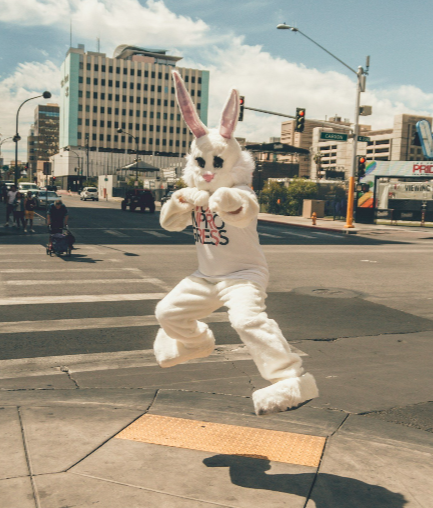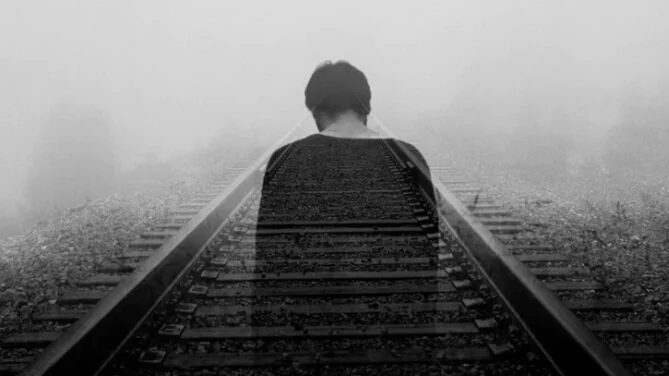Exploring Childhood Survival Strategies
Family Roles: Survival or Transformation?
Families are complex ecosystems where each member plays a unique part. In healthy families, children naturally explore different roles - sometimes the comedian, other times the caregiver. They're free to experiment, to grow, to change.
But in families touched by trauma, something fundamental shifts.
When Survival Becomes a Role
Children in traumatised family systems don't choose roles - they create survival strategies. Fear and shame become the architects of their behaviours. Each child develops a specific role so intense that what begins as a protective mechanism becomes a rigid identity.
These roles aren't just behaviours; they're survival scripts.
My Personal Journey
As a child, I became the Placater and Lost Child - constantly adjusting, making others comfortable, absorbing tension. I learned early that my safety depended on reading the emotional landscape and responding accordingly.
The four main roles are below, which one resonates with your experience?
Mascot
The mascot/placater is the one who is cute and funny. You use humour to survive and are also very good at empathising with others and putting yourself in their shoes. Although you can be immature and a bit crazy at times, people generally don't mind that. Confrontation petrifies you, therefore you will do anything to avoid it. You can read more about the dysfunctional family role of mascot here.
Hero
The hero has a very important job - to save the family. You have it all together and believe yourself to be special. At the same time, your deep feelings of inadequacy are well hidden. You feel that nothing you ever do is good enough, but your gift to the family is their pride in your achievements. You can learn more here.
Lost child
The invisible one. Quiet. Withdrawn. Surviving by staying unnoticed. Avoiding conflict. Living in the shadows of family chaos. You are so shadowy that it took me a few years to even write the page about you - but you can find it here
Acting out child/scapegoat
The rebel. The one who acts out. Draws attention away from family dysfunction by creating visible problems. Often misunderstood, deeply hurting.
Your Healing Journey Starts Here
These roles are just the beginning of understanding how childhood survival strategies impact our adult lives. Each pattern runs deeper than a simple description – they're intricate maps of emotional survival that shape our relationships, careers, and sense of self.
Ready to Dive Deeper?
My book isn't just another self-help guide. It's a compassionate roadmap to:
Understand your childhood survival strategies
Recognize how these roles continue to influence you
Learn practical tools for healing and transformation
Break generational patterns of dysfunction
Your past doesn't define your future. Healing begins with understanding.
Ready to Dive Deeper?
Begin your healing today.






